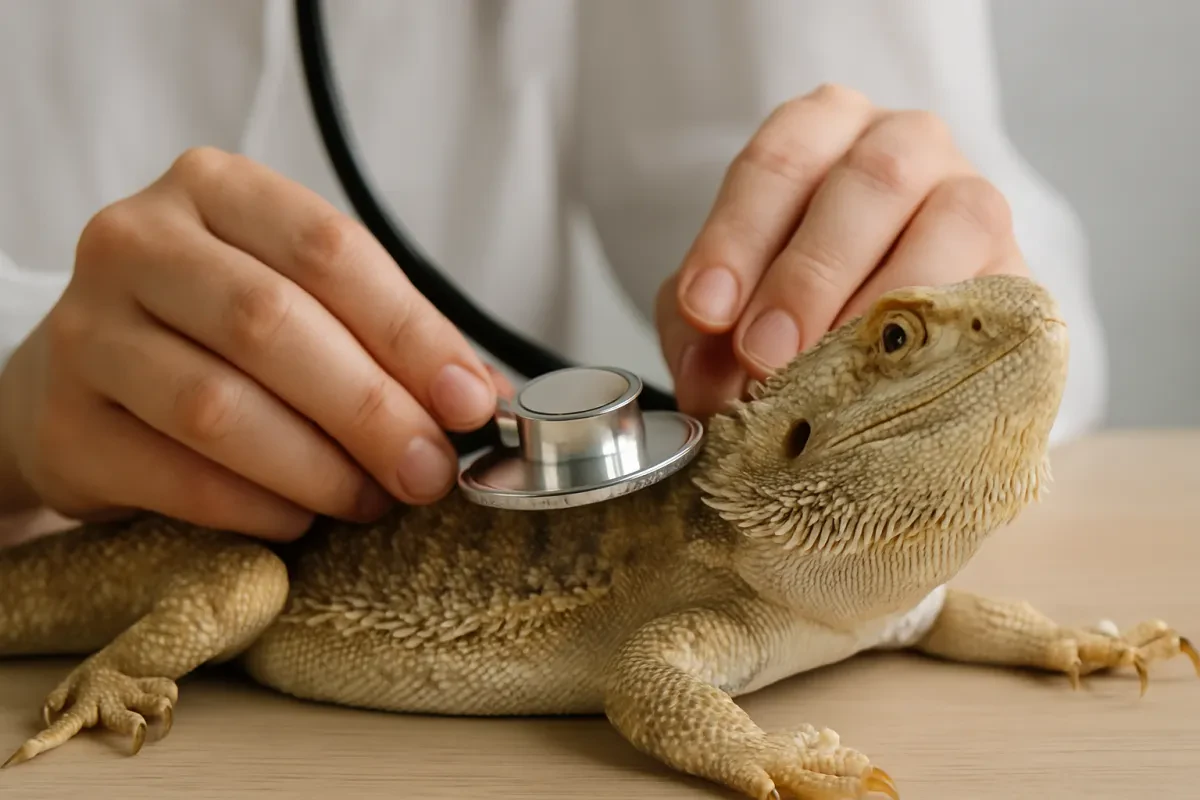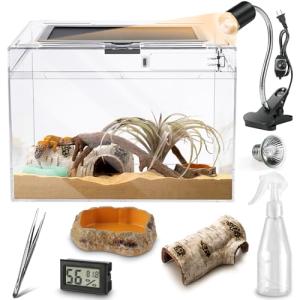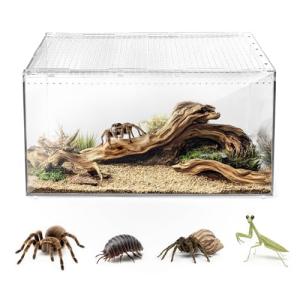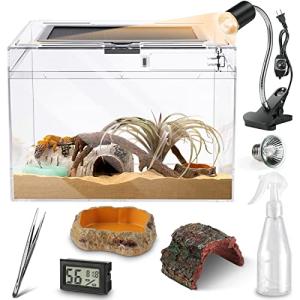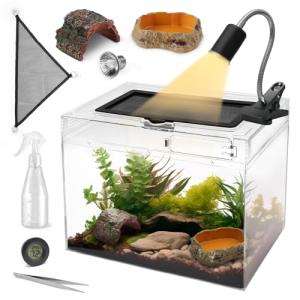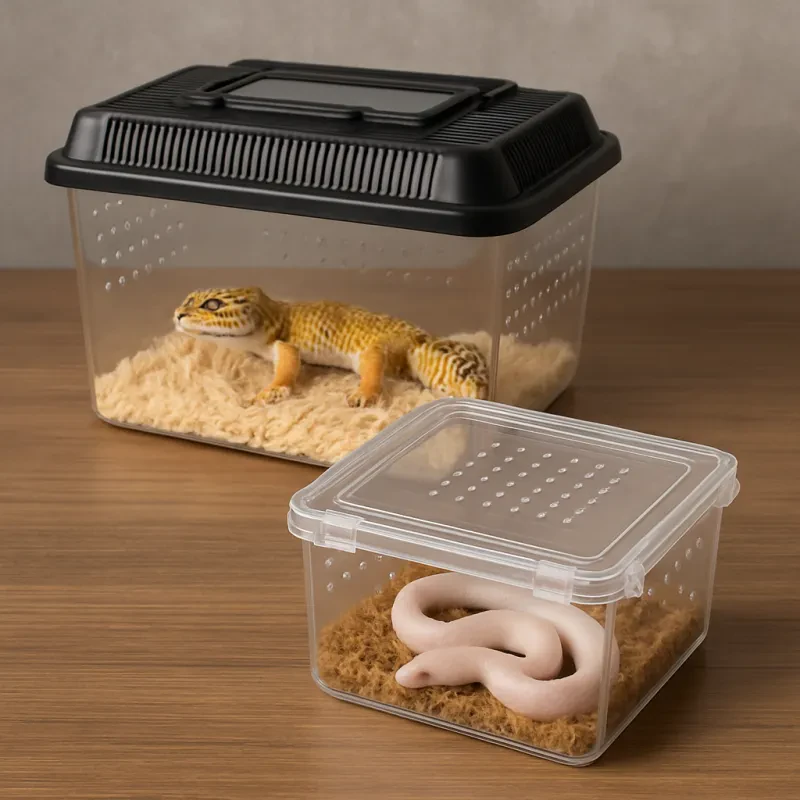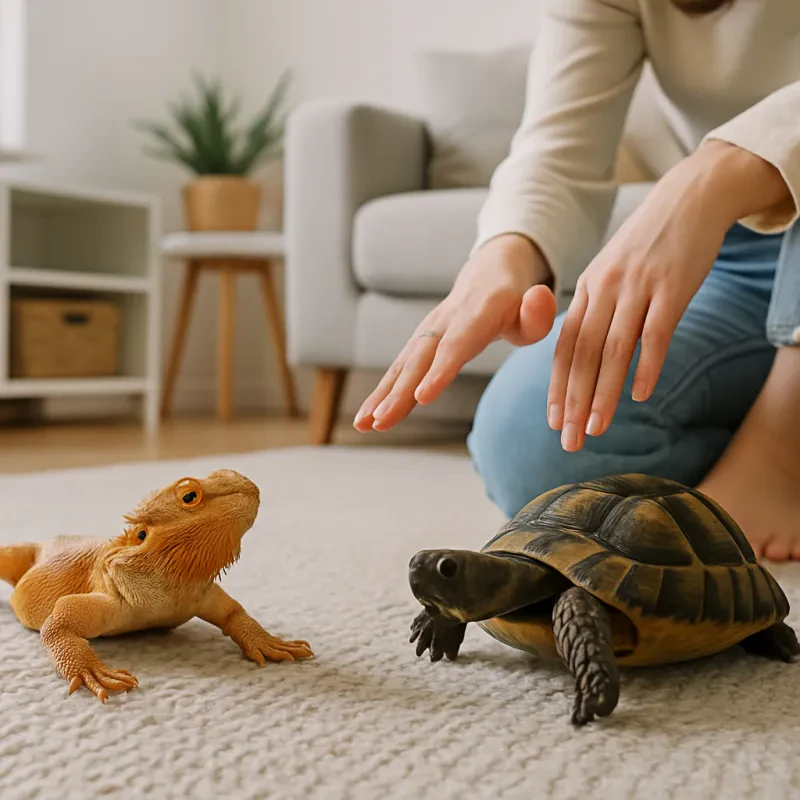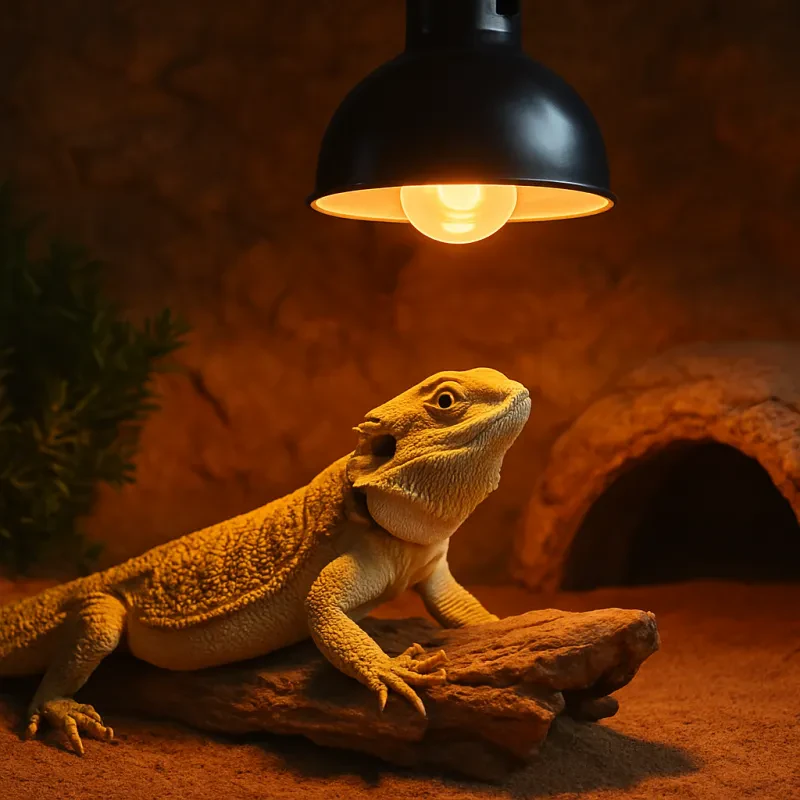Notice your reptile acting a bit differently lately? Changes in behavior can be a big clue when it comes to your reptile pet health signs. Whether your scaly friend is getting more shy or suddenly becomes extra active, it’s worth paying attention. Sometimes, these quirks are just part of their personality, but they can also signal something deeper.
For example, if your pet is hiding more than usual, it might be feeling stressed or uncomfortable in its environment. Check for things like temperature, humidity, and hiding spots in the tank. Reptiles thrive in the right conditions, and if they’re not met, your pet might show it by retreating to its favorite hideaway.
On the flip side, if your reptile is getting more social and curious, it could be a sign it’s feeling healthy and happy! Sometimes, they just want some interaction. Engaging with your reptile can boost its mood and might even promote better health. Just be sure to approach gently; reptiles can be skittish.
Watch out for other specific behaviors too. Lack of appetite, lethargy, or unusual body movements are all signs that something might be off. These types of changes stick out as significant reptile pet health signs that shouldn’t be ignored. When in doubt, talking to a vet who understands reptiles is always a good step.
Signs of Stress in Reptiles
Just like us, reptiles can feel stress. It’s important to pay attention to your reptile pet health signs so you can help keep them happy and healthy. Here are some key behaviors and signs to watch out for.
If your reptile becomes super active or restless, that can be a big red flag. They might be pacing or climbing all over their enclosure. This behavior often points to stress. Another sign is if they start hiding more than usual. If your normally curious gecko or skink suddenly prefers to stay in their hide, something’s off.
Pay attention to their eating habits, too. If your reptile stops eating or shows little interest in food, that’s a clear stress signal. It could mean they feel unsafe or uncomfortable in their environment. Also, check their skin and eyes. If their skin gets dull or their eyes become sunken or cloudy, those are signs of trouble in the reptile pet health signs department.
Watch out for sudden changes in behavior. If your shy turtle starts hissing or acting aggressively, something might be stressing them out. So, make sure their habitat is set up right. Keeping an eye on these signs can help you catch any issues before they get serious, allowing you to take action to reduce their stress levels.
ECOFLEX 36" Mojave Reptile Lounge Habitat
Create a comfy and stylish home for your reptile with this spacious and easy-to-clean habitat
Product information
$149.99 $137.21
Product Review Score
4.96 out of 5 stars
107 reviewsProduct links
Common Health Issues to Watch For
First off, look at their eyes. If your reptile has cloudy or swollen eyes, this could indicate dehydration or an infection. A healthy reptile should have bright, clear eyes. If you notice any changes, it’s time to consult with a vet.
Next, check their skin. Peeling, discoloration, or lesions can hint at shedding problems or skin infections. Reptiles should shed their skin smoothly. If you see a patchy shed or any unusual skin conditions, getting a professional opinion is a good idea.
Don't forget about their eating habits. A sudden loss of appetite can be a sign of stress, illness, or even a picky eater. If your pet isn’t eating like they usually do, pay attention and take action. You know your reptile best, so trust your instincts.
Lastly, monitor their behavior. Is your reptile acting lethargic or hiding more than usual? Changes in behavior can signal various health issues. If something feels off, don’t hesitate to seek help—it could make all the difference in addressing those reptile pet health signs before they turn serious.
Natural Coconut Chip Substrate for Reptiles - 2 Pack
Create a cozy and natural habitat for your reptiles with this safe and sustainable coconut chip substrate
Product information
$14.66 $12.34
Product Review Score
4.5 out of 5 stars
90 reviewsProduct links
When to See a Vet for Your Reptile
Noticing changes in your reptile's behavior or appearance is key to keeping them happy and healthy. When it comes to reptile pet health signs, some things just scream, “Time to see the vet!” If your pet isn't eating, shedding oddly, or is acting sluggish, it's a good idea to seek professional help.
Pay attention if you spot any discharge from their nose or eyes. That’s a common sign that they might be dealing with a respiratory infection, which requires prompt treatment. Additionally, if you notice swelling in any part of their body or if they’re having trouble moving, don’t wait too long to get to the vet. These can signal serious health issues that need immediate care.
Another sign to keep an eye on is changes in their droppings. If they’re not pooping regularly or the poop looks different than usual in color or texture, it could indicate digestion issues. Remember, reptiles can be great at hiding their pain, so if something seems off, trust your instincts and talk to a vet.
Finally, if your reptile has been basking excessively or hiding more than normal, it might mean they’re feeling unwell. Your vet can help get to the root of the problem and provide the right treatment. Staying alert to these reptile pet health signs can help ensure your scaly friend gets the care they need when it counts the most!
